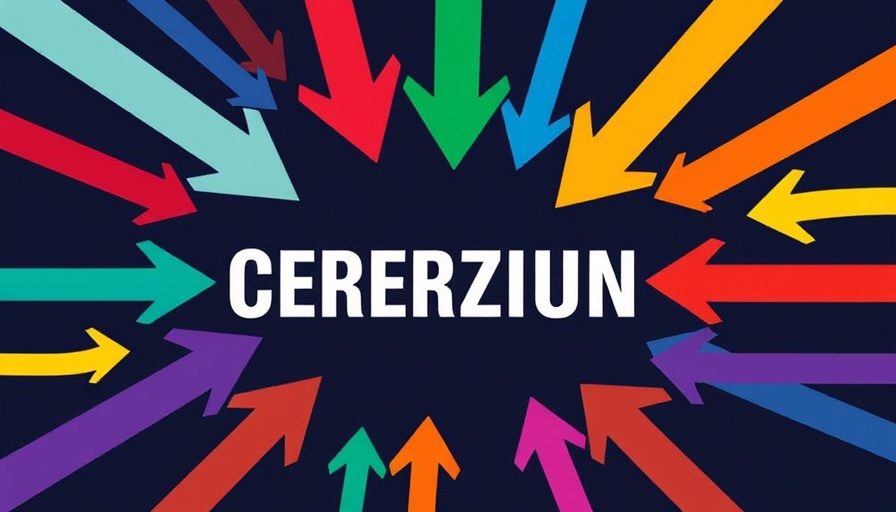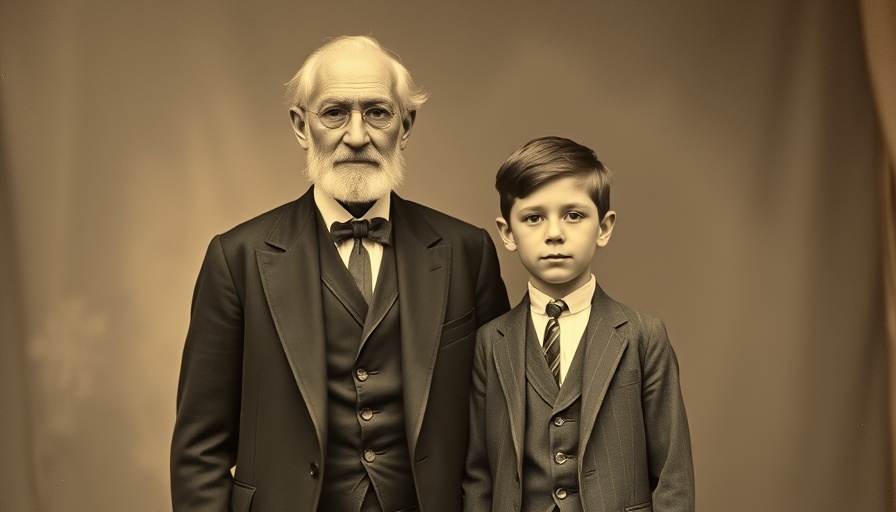
A Call for Unity Beyond Centralization
In the vibrant tapestry of the Seventh-day Adventist Church (SDA), discussions about unity often arise with a notable focus on centralization. However, as our faith community seeks a higher ground of togetherness in the face of diverse perspectives, we must reflect on the words, "I Alone Can Fix It," and the underlying message it conveys about real unity.
Understanding Centralization
Centralization refers to a system where control and decision-making are concentrated at a single point, typically at higher levels of authority. In our ecclesiastical context, many believe that keeping decision-making centralized can promote unity and consistency across the board. But does this truly generate the often-espoused sense of communal belonging? Or does it risk sidelining different voices?
According to various viewpoints, including insights from leaders within the SDA church, while centralization offers efficiency in decision-making, it may inadvertently lead to disconnection among the congregation by limiting their participation in governance. Instead of fostering a culture of inclusivity, members sometimes feel out of touch with the broader church agenda.
Parallel Examples from Other Organizations
To illustrate the ripple effects of centralization, one can observe various organizations, both secular and religious, where centralized power has stifled creativity, encouraged complacency, and weakened overall morale. For instance, certain church denominations that have overly centralized authority structures have faced significant backlash, as congregational members felt disenfranchised from their own faith journeys.
On the flip side, congregations that empower local leaders by decentralizing control often notice enriched participation, with members actively engaged in bringing changes that resonate with their own locality. These practical examples challenge the notion that central authority equals strength and compel us to reconsider our own organizational applications.
The Quest for True Unity
The quest for unity should not hinge solely on centralized governance but rather on nurturing relationships built upon shared beliefs and values. Achieving real unity involves synthesizing our differences into a collective whole that affirms individual contributions. When members feel that they belong and have a voice, they are more likely to come together in a spirit of cooperation.
Future Perspectives on Church Identity and Community Engagement
As we navigate the future of the SDA community, we must keep a close eye on emerging trends within our own circles. Leaders are beginning to explore innovative models of governance that prioritize local engagement. Workshops that encourage leaders to reach out to their congregational members for insights can provide a much-needed cultural shift.
In contemplating this shift, we envision a church that not only celebrates its collective beliefs but also honors the individuality of its members. Future predictions about our community indicate that by fostering local leadership, we pave the way for a more supportive atmosphere that encourages active participation.
Embracing Diversity—A Strength, Not a Weakness
Understanding that unity isn’t synonymous with uniformity offers us a valuable lesson. Instead, diversity within our churches enriches discussions and may lead to a more profound expression of faith. We must dispel the common misconception that dissent equates to division; instead, it often leads to growth.
When we express our differing thoughts respectfully and constructively, we lay the foundation for a vibrant and inclusive communal life.
Actionable Insights for Unity in Faith
To underpin the road towards unity, it is crucial for congregations to establish small group activities, community service projects, and communications that celebrate both unity and diversity. Such initiatives can foster lasting relationships that overcome centralization challenges, creating an environment where every voice matters.
Let us challenge ourselves and our church family to engage more deeply with each other as we celebrate our shared faith. By doing so, we will uncover new ways to live out our beliefs in a manner that resonates with both individuals and the church as a whole.
 Add Row
Add Row  Add
Add 




Write A Comment